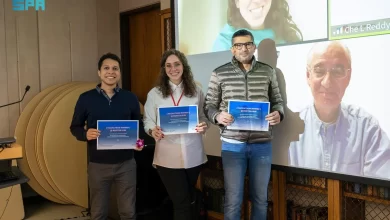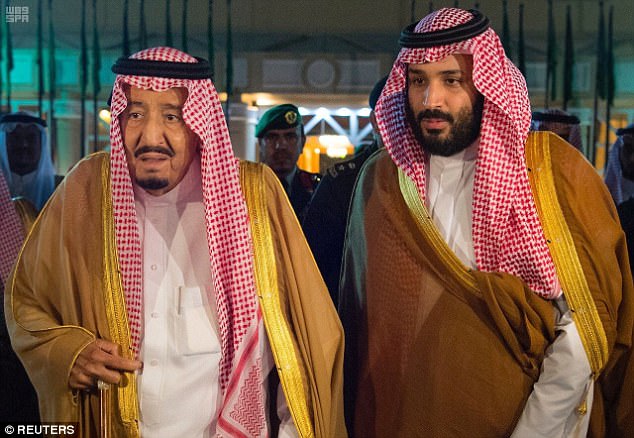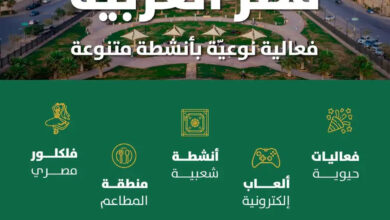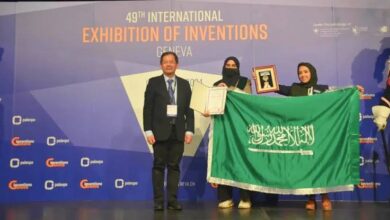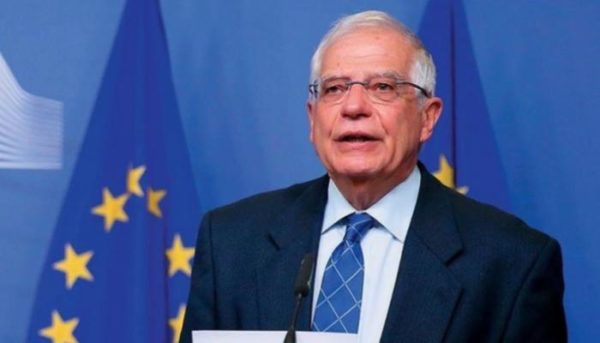
Ashraf AboArafe
The tenth meeting of the Association Council between the European Union and Egypt took place in Brussels on 23 January 2024. The event marks the 20th anniversary since the Association Agreement entered into force in 2004 and confirmed the robust and multifaceted partnership between the two parties.
The meeting was co-chaired by Josep Borrell, High Representative of the Union for Foreign Affairs and Security Policy, and Sameh Shoukry, Minister of Foreign Affairs of Egypt.
The Association Council took stock of the progress made on the joint Partnership Priorities adopted in June 2022 with a view to promoting joint interests. The EU and Egypt intend to pursue a cooperation that promotes multilateralism and the rules-based international order. They will continue working together to foster stability, peace and security in the Middle East, the Mediterranean and Africa. In view of the importance they attach to their relationship, the EU and Egypt intend to elevate it to the level of a Comprehensive and Strategic Partnership.
The EU and Egypt exchanged views over a number of regional crises and global challenges.
The EU and Egypt shared their concern for the disastrous humanitarian situation in Gaza. They urged maximum restraint and the protection of civilians in accordance with the universal principles of International Humanitarian Law. Both sides reiterate the need to ensure the immediate, sustainable and unconditional delivery of humanitarian and medical aid. The EU and Egypt are committed to continue to work closely together to alleviate the human suffering of the people in Gaza, and affirmed their strong rejection of any form of individual or collective displacement, forced or otherwise, of Palestinians from any part of the occupied territory, including the Gaza Strip and the West Bank, including East Jerusalem. Egypt called for an immediate ceasefire; the EU stressed the urgency of humanitarian pauses. The parties shared concerns on the situation in the West Bank, where settler violence and settlement expansion have reached record levels, and many Palestinian communities have been forcibly evicted, as illegal measures under international law. The EU and Egypt reiterated that the only path to a just, lasting and comprehensive resolution of the conflict in the Middle East is the two-state solution that ends occupation and leads to the establishment of an independent, contiguous, sovereign and viable Palestinian State, on the lines of 4 June 1967, with East Jerusalem as its capital, living side by side with the State of Israel in peace, in accordance with international law and the relevant UN Security Council resolutions.
The EU and Egypt underlined that peace, security and a multilateral, rules-based order lie at the heart of their longstanding partnership. Recalling United Nations General Assembly resolutions ES-11/1 and ES-11/2 on Ukraine, which they both voted in favour of, they reiterated their shared principles in line with the UN Charter of respect for international law, territorial integrity, national sovereignty, the need to refrain from the use of force, respect international humanitarian law and solve conflicts by peaceful means. They condemned all violations of international humanitarian law and violations and abuses of human rights in conflict areas, and called for the strict respect of international humanitarian law.
Recognizing Egypt’s heavy reliance on the Nile River in a context of its water scarcity, the EU reiterates its support to Egypt’s water security and the compliance with international law, while recalling that the ‘do no harm’ principle serves as a guiding principle in the European Green Deal.
The EU and Egypt recognise the importance of preserving navigational rights and freedoms in the Gulf of Aden and Red Sea, in accordance with international law as reflected in 1982 UN Convention on the Law of the Sea (UNCLOS).
The EU and Egypt remain committed to promoting democracy, fundamental freedoms and human rights, gender equality and equal opportunities as constitutional rights of all their citizens. In this regard, both sides agreed to continuing their dialogue and enhancing cooperation on human rights in a comprehensive approach. The EU and Egypt agreed that civil society and the private sector are important and potent contributors to the implementation of their partnership priorities and key actors in support of the sustainable development process underway in Egypt.
Egypt appreciates the EU support to the COP27 Presidency. Building on the successes of COP27 hosted by Egypt in 2022 and COP28 held in the UAE in 2023, the EU and Egypt reaffirmed their commitment to work together on climate change mitigation, carbon market loss and damage, just transition and adaptation, including sustainable management of natural resources, the development of sustainable agriculture, the support to sustainable industry, and expansion of public transport networks. The diversification of energy sources and the green energy transition, including the expansion of renewable energy, energy efficiency and sustainable finance, will be a central element in these efforts. Both sides also indicated their intention to continue working on other crucial areas such as biodiversity conservation, combating desertification and land degradation, and disaster risk management.
Guided by the shared vision for a more sustainable management of water resources and tackling the challenges posed by water management in the context of a growing population, competing water demands, and a changing climate, Egypt and the EU agree on areas of cooperation on bilateral, regional, and international levels in the water domain in line with the Joint Declaration on an Egypt-EU Water partnership.
The EU and Egypt will continue enhancing their cooperation and dialogue on all climate-related issues, including in particular their respective climate policies and measures, and the multilateral environmental and regional negotiations on climate change with a view to further strengthening their longstanding partnership.
The EU and Egypt are important trading partners and will work together to further enhance bilateral trade relations and foster investments. They will continue strengthening their constructive trade dialogue to further foster the business and investment environment to attract more foreign direct investment.
The EU and Egypt will work together to enhance the competitiveness of the economy and support the development of the private sector, namely Micro-, Small-, and Medium-sized Enterprises in Egypt. In this regard, Egypt and the EU highlighted the importance of the International Investment Conference to be held in Egypt, in May 2024. Its aim will be to further deepen Egypt-EU business exchanges in order to enhance the overall business environment and to encourage European public and private investments to benefit from the available investment potentials in Egypt, This includes the privileges provided by the Suez Canal as the most important Commercial and Maritime corridor connecting the East and the West of the globe which would, eventually, strengthen Egypt’s role in EU supply chains.
The EU and Egypt confirmed the importance of cooperation in research and innovation in sectors such as energy, water, agro-food and health as well as in advancing digital technologies. Today’s signature of the Framework Protocol Agreement will pave the way for Egypt’s participation in EU programmes, thereby further promoting people-to-people exchanges.
Combating terrorism and preventing violent extremism conducive to terrorism represent a common goal. The EU and Egypt welcomed their co-chairmanship of Global Counter Terrorism Forum (GCTF) and reiterated their joint commitment to addressing the root causes of terrorism with full respect for human rights and fundamental freedoms. Both sides called for increased cooperation to tackle the numerous and multi-faceted manifestations of organised crime.
The EU and Egypt agreed on the importance of adopting a comprehensive approach to migration governance, creating regular migration pathways, tackling the root causes of irregular migration, combating migrant smuggling and trafficking in persons, ensuring dignified and sustainable return of irregular migrants and reintegration. The EU and Egypt are committed to the protection of the rights of migrants and refugees. The EU and Egypt will continue to cooperate in order to support Egypt’s efforts in hosting refugees.

